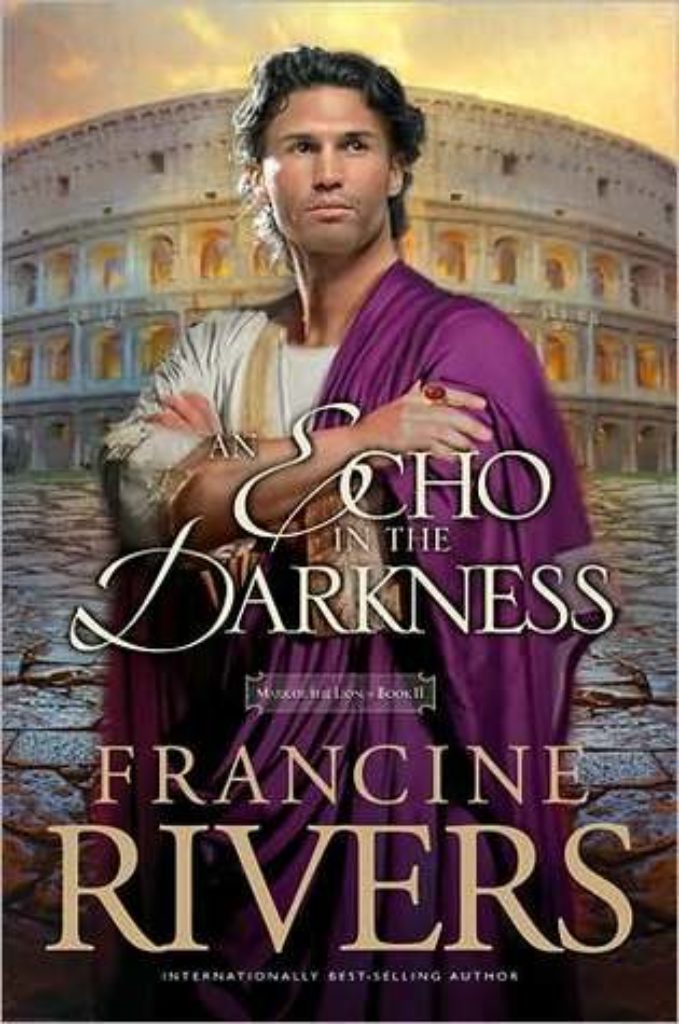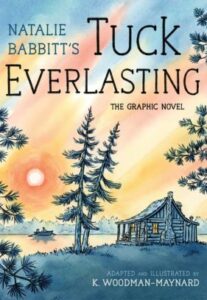This historical fiction book is the second in the ” Mark of the Lion” series by Francine Rivers and is published by Tyndale House Publishers.
An Echo in the Darkness is written for kids ages 18 and up. The age range reflects readability and not necessarily content appropriateness.









